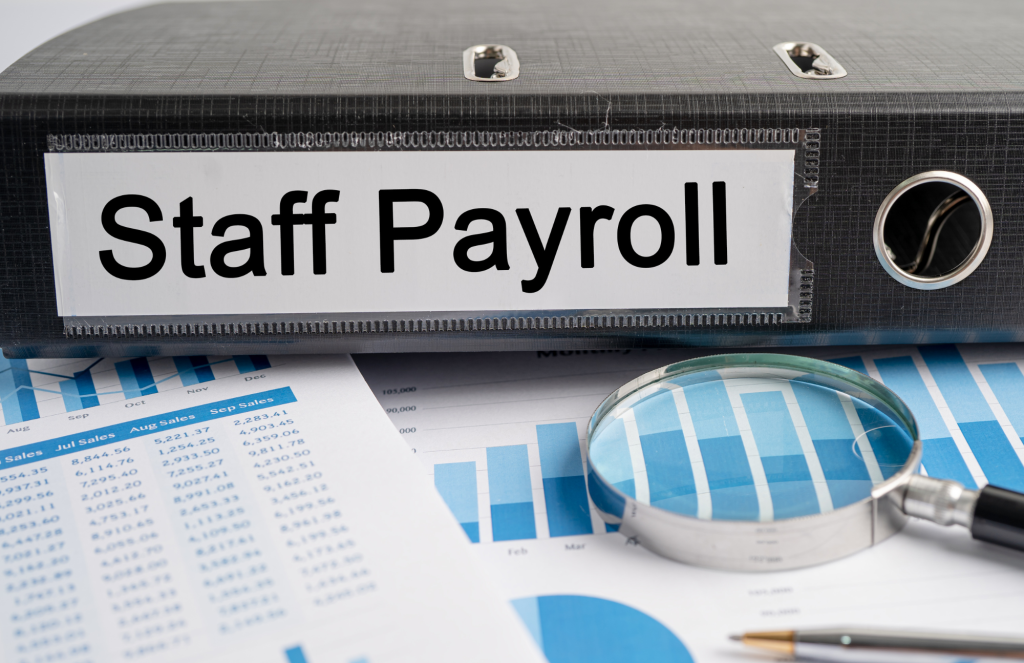Spring Budget 2025

Salary vs dividends: NIC changes
With changes to employer’s National Insurance and the Employment Allowance, now is the time for businesses to review the most tax efficient mix of salary and dividends for directors. From 6 April 2025 the secondary Class 1 National Insurance threshold reduces from £9,100 to £5,000. At the same time the

Side-hustle reporting threshold increased
The Government has announced plans to increase the threshold above which income from self-employment must be reported via self-assessment. Currently, if you earn over £1,000 from self-employment, or a so-called ‘side hustle’ such as babysitting or dog walking, you need to report this income to HMRC by filing a self

Making Tax Digital – time to prepare!
In just over a year the first tranche of sole traders and landlords will be required by law to keep digital records to comply with the requirements of Making Tax Digital for Income Tax (MTD IT) From April 2026, taxpayers with qualifying trading and property income of £50,000 or more

HMRC to close online filing service
HMRC has announced that it will close the online service for filing company accounts and corporation tax returns on 31 March 2026 Companies with an accounting period ending after 31 March 2025 will no longer be able to use HMRC’s free online service (unless they file before 1 April 2026)

R&D relief for subcontractors
HMRC has updated its guidance to clarify the treatment of subcontracted research and development (R&D) expenditure under the SME scheme When R&D work undertaken by a subcontractor is subsidised, tax relief is not available to the subcontractor under the SME R&D scheme. Following two recent taxpayer wins at the First-tier

Self Assessment and student loan repayment
From April 2026 most benefits in kind (BIKs) will have to be processed through the payroll and included on monthly payslips, with a potential knock-on effect for student loan repayments The mandatory payrolling of BIKs will be implemented in phases, starting from April 2026. The earnings threshold above which student

High-income child benefit charge via PAYE
From August 2025 employed taxpayers will no longer be required to complete a self assessment tax return (SATR) to declare and pay the high-income child benefit charge (HICBC) The HICBC is a tax charge paid by the higher earning parent which claws back up to 100% of the child benefit

IR35: small company exemption
Changes to the company size thresholds from April 2025 will also apply for the purposes of the off-payroll working (OPW) rules The primary aim of the changes to the company size thresholds was to simplify regulatory requirements and alleviate the administrative burden for smaller businesses. HMRC has now confirmed that



